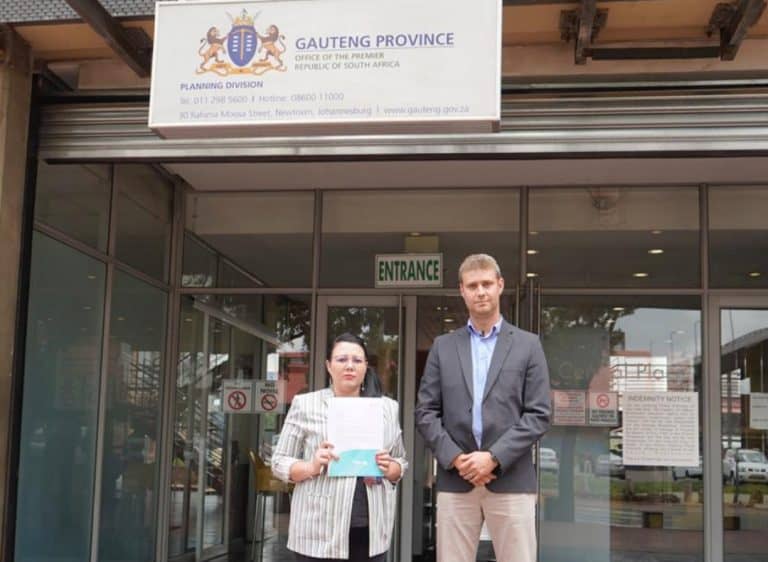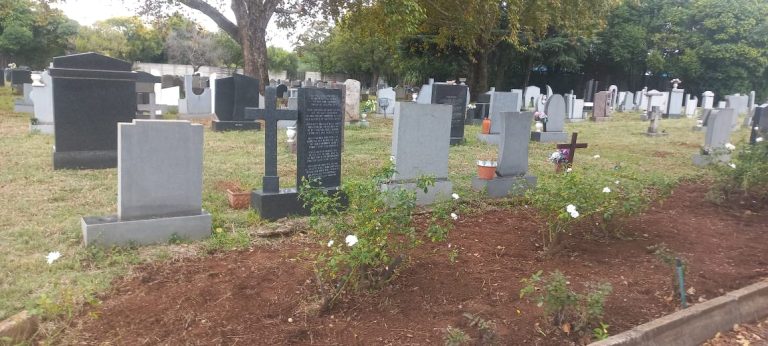Solar rebates are good, but fall far short of addressing power crisis
The Minister of Finance, Enoch Godongwana, announced today during his budget speech that the state wants to encourage individuals and businesses to install solar power and that the cost of it can be deducted from your taxable income for the 2023/24 financial year. Individuals will only be able to deduct the amounts for the purchase of solar panels at 25% of the cost of panels, but with a R15 000 limit. The details of this have yet to be confirmed. It appears that for the cost of the comprehensive power solution – which includes panels, batteries and inverters – businesses can deduct up to 125% of its cost from their taxable income.
According to Morné Mostert, AfriForum’s manager for Local Government Affairs, this announcement may sound good, but the question still remains whether it is enough to fill the gap left by Eskom’s poor performance. “In the past, businesses were already able to deduct 100% of the cost of solar installations from their taxable income and to date the levels of load shedding have increased. The rebate for individuals should not have an impact on the larger power crisis, but businesses may at least get some relief. Although this is a step in the right direction, it is not enough to address the gap in Eskom’s performance.”
Mostert further believes that this grant can have a series of unforeseen consequences for other spheres of government. This decision could not only have a major impact on Eskom’s tariff applications in the future, but also on municipalities’ ability to deliver services. “Municipalities wrongly use electricity sales to supplement their budgets and intend to fund other services as well. The municipalities are going to stumble even further in fulfilling their constitutional duties.”











